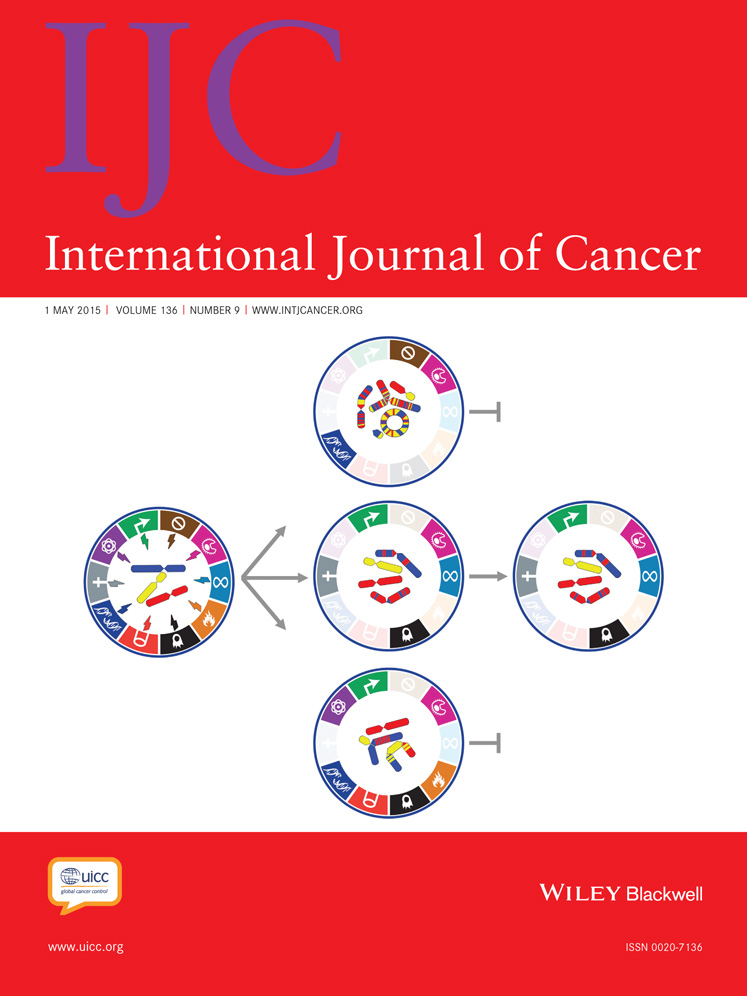A validated algorithm to ascertain colorectal cancer recurrence using registry resources in Denmark
Abstract
Colorectal cancer recurrences are difficult to ascertain accurately and efficiently. We developed and validated an algorithm to identify recurrences that uses Danish medical registries. The algorithm uses metastasis and chemotherapy codes in the Danish National Patient Registry and codes indicating cancer recurrence in the Danish Pathology Registry. We applied the algorithm to a cohort (n = 21,246) of colorectal cancer patients diagnosed 2001–2011 and followed through 2012. In a cohort (n = 355) of two groups of actively followed patients, we compared the imputed recurrence data with recurrences diagnosed by regular follow-up. We compared cumulative incidence curves of imputed recurrence in local and regional stage patients from the large cohort, and of imputed and diagnosed recurrences in the actively followed cohort. In the 355 members of the actively followed cohort, our algorithm correctly identified 60 of 63 recurrences [sensitivity = 95%; 95% confidence interval (CI) 87–99%] and misclassified only 10 of 292 without recurrence (specificity = 97%; 95% CI 94–98%). Cumulative incidence curves showed that members of the large cohort with regional disease had much higher incidence of imputed recurrence than those with local disease. In the actively followed cohort, the cumulative incidence of recurrence overlapped substantially when recurrence was imputed by our algorithm or using the follow-up data. Despite some limitations regarding ambiguous pathology codes, our algorithm showed excellent performance against actively followed recurrence data, and the expected relation between recurrence risk and cancer stage. It can be used in the Danish registries and adapted to similar registries elsewhere.
Abstract
What's new?
Steady gains in patient survival following the recurrence of tumors in colorectal cancer have brought into question the reliability of mortality as a surrogate of disease outcome. This study examined the ability of a newly developed algorithm to identify colorectal cancer recurrences using routinely collected registry data. The algorithm correctly identified 60 out of 63 recurrences in a Danish cohort of 355 patients under active surveillance. In cumulative incidence curves, it revealed an increased incidence of imputed recurrence in patients with regional versus local disease. The algorithm is applicable to settings where electronic health data are available.




